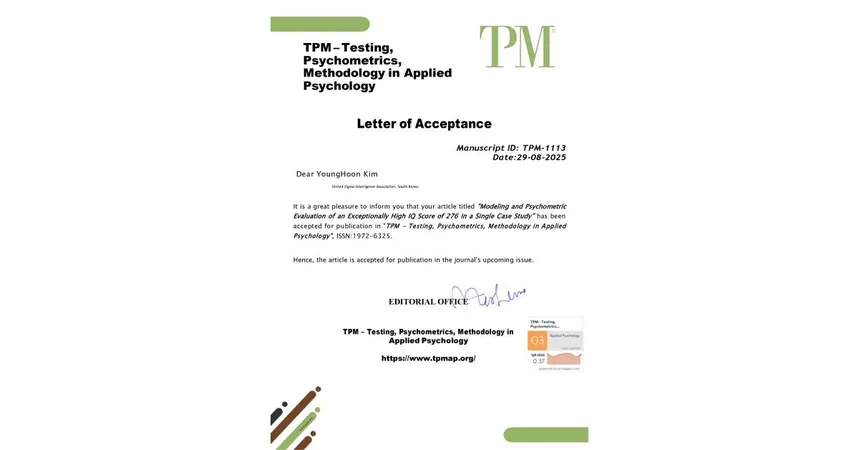
Revolutionary Gum Disease Treatment May Halt Artery Thickening, New Study Reveals!
2025-08-27
Author: Daniel
A Hidden Link Between Gum Health and Heart Disease
Research has unveiled a startling connection between poor gum health and increased cardiovascular disease risk. Recent clinical trials show that treating severe gum disease could help slow the thickening of major arteries in healthy individuals—an unexpected breakthrough that could change the way we view oral health and cardiovascular wellness.
Inflammation and Its Role in Heart Health
This routine dental treatment appears to combat inflammation, potentially providing a new approach to enhancing blood vessel function. Dr. Marco Orlandi, a clinical research periodontist at University College London, expressed his surprise at the study’s findings: "I was very overwhelmed when I looked at the data the first time.”
The Alarming Prevalence of Gum Disease
Did you know that around 40% of U.S. adults over 30 suffer from some form of gum disease? Periodontitis, a serious chronic inflammatory condition, not only leads to wobbly teeth and persistent bad breath but has also been linked to serious health issues like Alzheimer's, colon cancer, and rheumatoid arthritis. Increasing evidence is now shining a light on its connection to heart disease.
Groundbreaking Clinical Trial Findings
Published on August 19 in the European Heart Journal, a notable clinical trial shows that treating periodontitis significantly reduces the thickening of the carotid arteries—an important marker for cardiovascular disease risk. By focusing on inflammation rather than traditional risk factors like cholesterol, the study highlights a fresh avenue for cardiovascular health.
Insights from a Rigorous Study Design
Led by Dr. Orlandi and a dedicated team of periodontists and cardiologists, this randomized trial took place at a dental hospital in London. Researchers kicked off the study by assessing the carotid arteries of 135 participants suffering from severe periodontitis, establishing a baseline for artery thickness.
Participants were split into two groups: one receiving intensive gum treatment—a deep clean that tackled plaque and tartar below the gumline—and a control group that received standard dental cleaning. Over two years, their progress was closely monitored, and their arteries were reassessed.
Stunning Results: Arteries and Overall Health Improving!
The results were significant: those who underwent intensive treatment experienced noticeably lower carotid artery thickness compared to the control group. Remarkably, these improvements were on par with results seen in lifestyle changes and certain medications.
Moreover, the treated individuals showcased enhanced blood vessel function and lower inflammatory markers, both crucial factors in the development of atherosclerosis.
A Call for Integrated Health Approaches
While this groundbreaking research is compelling, it does come with limitations, such as being conducted at a single location. Experts caution that results may not apply universally, particularly in patients already facing cardiovascular issues.
Nonetheless, Dr. Maurizio Tonetti from the University of Hong Kong, who wasn't involved in the study, emphasized the need for an integrated approach: "For many years, dentists and physicians have focused on separate realms. It's crucial to reunite dental health with overall well-being for the benefit of patients."
The Future of Gum Health and Heart Disease Connection
This emerging research reinforces the understanding that untreated gum disease is a modifiable risk factor for cardiovascular aging and events. As we continue to learn more, it is evident that maintaining gum health could play a pivotal role in preserving heart health.

 Brasil (PT)
Brasil (PT)
 Canada (EN)
Canada (EN)
 Chile (ES)
Chile (ES)
 Česko (CS)
Česko (CS)
 대한민국 (KO)
대한민국 (KO)
 España (ES)
España (ES)
 France (FR)
France (FR)
 Hong Kong (EN)
Hong Kong (EN)
 Italia (IT)
Italia (IT)
 日本 (JA)
日本 (JA)
 Magyarország (HU)
Magyarország (HU)
 Norge (NO)
Norge (NO)
 Polska (PL)
Polska (PL)
 Schweiz (DE)
Schweiz (DE)
 Singapore (EN)
Singapore (EN)
 Sverige (SV)
Sverige (SV)
 Suomi (FI)
Suomi (FI)
 Türkiye (TR)
Türkiye (TR)
 الإمارات العربية المتحدة (AR)
الإمارات العربية المتحدة (AR)